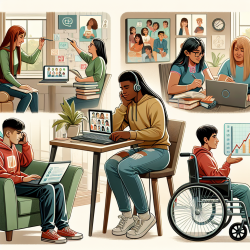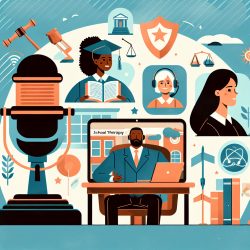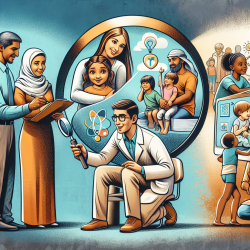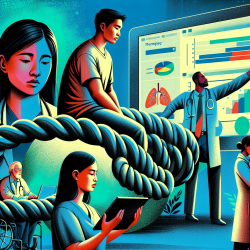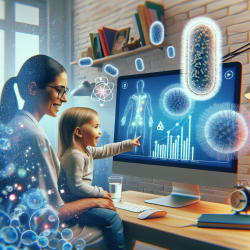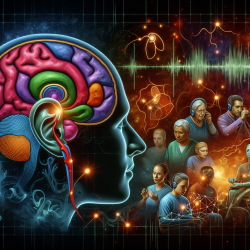Introduction
The COVID-19 pandemic has drastically altered the landscape of education worldwide, with remote learning becoming a necessity rather than a choice. A recent study titled "The impacts of remote learning in secondary education during the pandemic in Brazil" provides crucial insights into the effects of this transition on students' educational outcomes. As educators and practitioners, understanding these impacts is essential to improving our approaches and strategies in remote learning environments.
Key Findings from the Research
The study conducted by Lichand et al. (2022) utilized a differences-in-differences strategy to analyze the effects of remote learning on secondary education in São Paulo, Brazil. Here are some of the pivotal findings:
- Under remote learning, the dropout risk increased by a staggering 365%.
- Test scores decreased by 0.32 standard deviations, equating to students learning only 27.5% of the in-person equivalent.
- Partially resuming in-person classes increased test scores by 20% relative to the control group.
Implications for Practitioners
These findings highlight the urgent need for educators to adapt and innovate in their teaching methods. Here are some strategies practitioners can implement to mitigate the negative impacts of remote learning:
- Enhancing Engagement: Use interactive tools and platforms to increase student engagement and participation in virtual classrooms.
- Monitoring Student Progress: Regular assessments and feedback can help track student progress and identify those at risk of falling behind.
- Providing Support: Establish support systems for students, including counseling and tutoring, to address both academic and emotional needs.
- Encouraging Parental Involvement: Engage parents in the learning process to create a supportive home environment conducive to learning.
Encouraging Further Research
While the study provides significant insights, it also opens avenues for further research. Educators and researchers are encouraged to explore:
- The long-term impacts of remote learning on educational outcomes.
- Effective strategies for integrating technology in education.
- The role of socio-economic factors in remote learning success.
Conclusion
The transition to remote learning has posed significant challenges, but it also offers opportunities for growth and innovation in education. By understanding the impacts and implementing effective strategies, educators can transform these challenges into opportunities for enhancing educational outcomes. To delve deeper into the research findings, please read the original research paper The impacts of remote learning in secondary education during the pandemic in Brazil.
